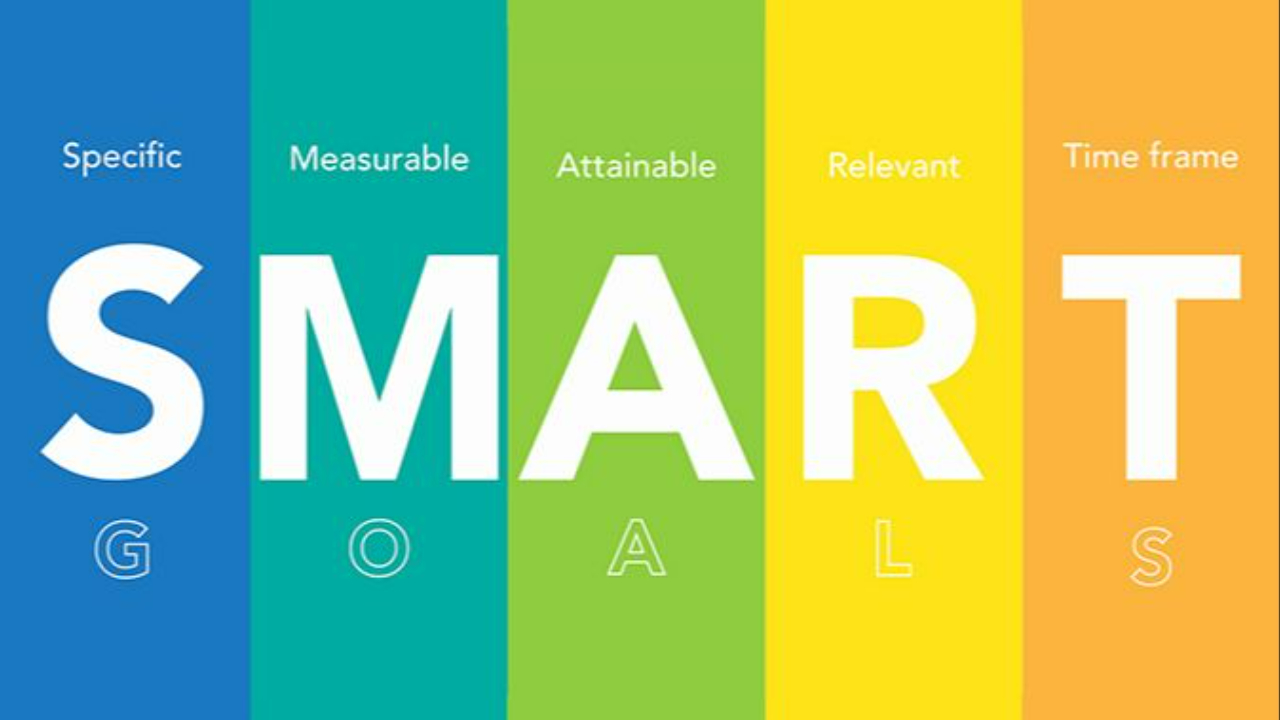
Achieving Success with SMART Goals
Jul 09, 2024In the journey toward success, whether in life, business, or personal development, setting clear and actionable goals is crucial. However, not all goals are created equal. To maximize your chances of success, your goals need to be well-defined, realistic, and aligned with your long-term vision. This is where the concept of SMART goals comes into play. In this blog post, we will explore what SMART goals are, why they are effective, and how you can apply them to achieve meaningful progress in your personal and professional life.
What Are SMART Goals?
SMART is an acronym that stands for Specific, Measurable, Achievable, Relevant, and Time-bound. These five criteria provide a framework for setting goals that are clear, realistic, and actionable, ensuring that you have a roadmap to success.
- Specific
A specific goal is clear and unambiguous, outlining exactly what you want to achieve. Vague goals like "I want to get fit" or "I want to be successful" lack direction and are difficult to measure. Instead, a specific goal clearly defines the outcome you’re aiming for.
Example: "I want to lose 10 pounds in three months by exercising three times a week and following a healthy diet."
- Measurable
A measurable goal includes criteria that allow you to track your progress and determine when you’ve achieved the goal. Without measurable criteria, it’s difficult to stay motivated or know when you’ve succeeded.
Example: "I want to increase my sales by 20% over the next quarter, which I will track through monthly sales reports."
- Achievable
An achievable goal is realistic and attainable, taking into account your current resources, skills, and time constraints. While it’s important to challenge yourself, setting goals that are too ambitious can lead to frustration and burnout.
Example: "I want to run a 5K race in six months, starting with a beginner’s training plan and gradually increasing my distance each week."
- Relevant
A relevant goal is aligned with your broader objectives and values. It should matter to you and contribute to your long-term vision. Setting relevant goals ensures that you’re working toward something meaningful rather than getting sidetracked by less important pursuits.
Example: "I want to complete a professional certification in my field this year to enhance my career prospects and stay competitive in the job market."
- Time-bound
A time-bound goal has a specific deadline or time frame, creating a sense of urgency and helping you stay focused. Without a deadline, it’s easy to procrastinate or lose momentum.
Example: "I want to write and publish a book within the next 12 months, dedicating two hours each day to writing and setting monthly milestones to track my progress."
Why Are SMART Goals Effective?
SMART goals are effective because they provide clarity, focus, and motivation. Here’s why this approach works:
- Clarity
By defining exactly what you want to achieve, SMART goals eliminate ambiguity and provide a clear direction. This clarity helps you understand what steps you need to take and how to prioritize your efforts. - Focus
SMART goals help you focus on what truly matters by aligning your actions with your long-term objectives. This focus ensures that you’re not wasting time on activities that don’t contribute to your overall success. - Motivation
When your goals are specific, measurable, and time-bound, you can track your progress and see the results of your efforts. This sense of achievement boosts motivation and encourages you to keep moving forward. - Accountability
SMART goals make it easier to hold yourself accountable because they include measurable criteria and deadlines. You can regularly assess your progress and make adjustments if needed to stay on track. - Overcoming Procrastination
The time-bound aspect of SMART goals helps combat procrastination by creating a sense of urgency. Knowing that you have a deadline encourages you to take action and make consistent progress.
Setting SMART goals is a powerful strategy for achieving success in both personal and professional life. By making your goals Specific, Measurable, Achievable, Relevant, and Time-bound, you create a clear roadmap that guides your actions, keeps you focused, and motivates you to reach your full potential. Remember, success doesn’t happen by chance—it’s the result of careful planning, consistent effort, and a commitment to your goals. Start setting SMART goals today, and take the first step toward a more fulfilling and successful future.


